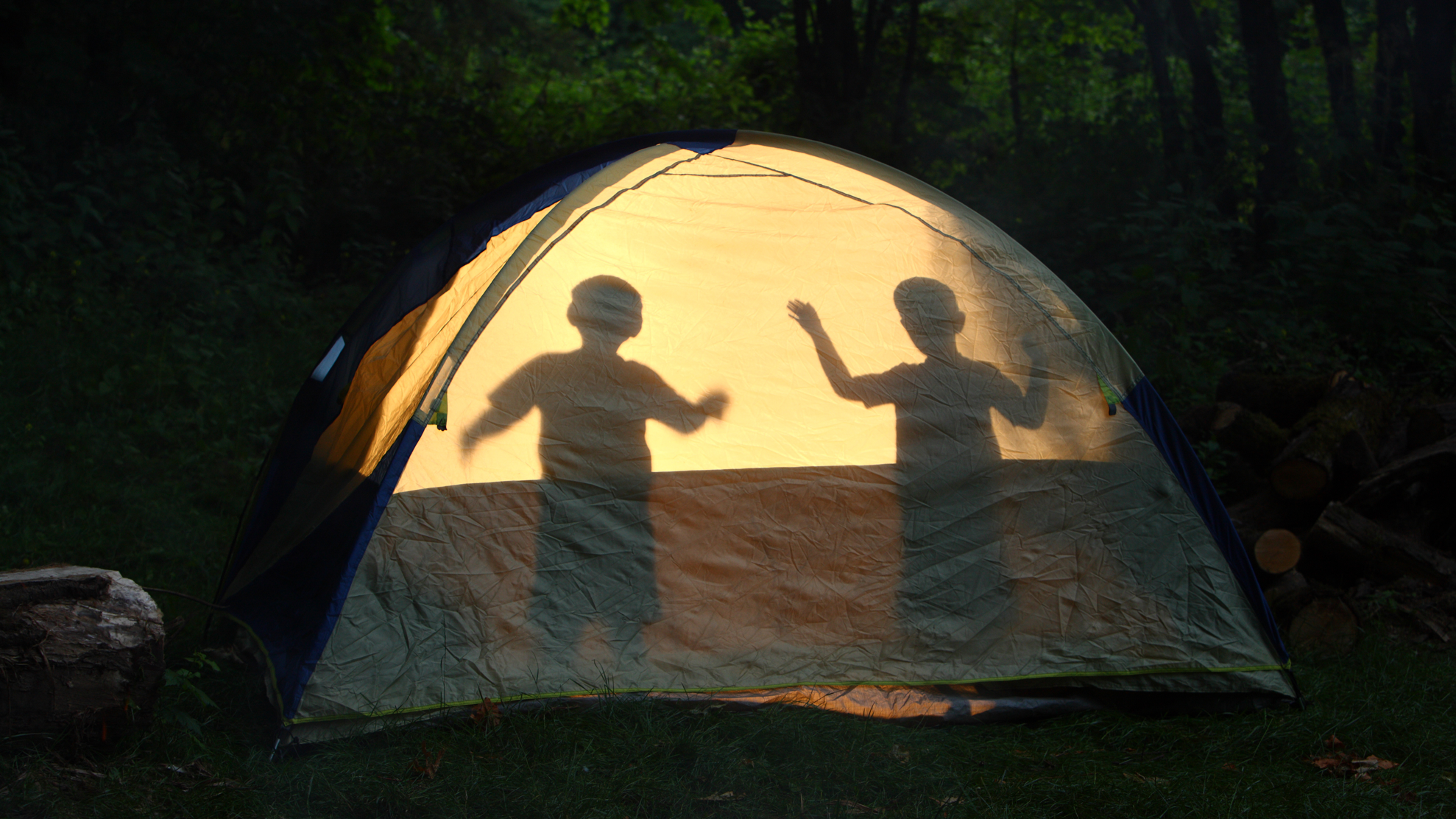Welcome to our new “Prevent This” blog series, where we will discuss ways to prevent some of the traditional frustrations parents experience. The inaugural post takes place in the dog days of summer because the one regret we often hear is about people not taking the time to slow down and enjoy the smaller moments in life until it is too late.
We like to think that widespread use of our DIMS-DOES IT MAKE SENSE?® SCORE Calculator can give families more opportunity to focus on what really matters. Certainly, when summer ends, it can help families spend their back-to-school shopping dollars in the most effective way possible. Thinking before buying takes minutes, but it can spare young people and their families weeks, months, and sometimes even years of disappointment and waste!
We know people and experiences matter more than things but…
But the middle of summer is the perfect time to enjoy simple pleasures that can be harder to experience when school is in session. Everyone knows people and experiences matter more than things. Still, we spend so much of our waking hours chasing grades or earning money to support our families that that message sometimes gets hidden in the daily grind of going to school and work. Kids often cite summertime memories as some of their most meaningful. Below, you will find two suggestions as to how you can make the most of the weeks that remain between now and Labour Day, even without formal vacation plans.
Have your kids interview older family members.
Have your kids ask their grandparents what their favorite song, book, movie, or food was when they were young. This question transcends age, gender, language, socio-economic situation, and religion. Who doesn’t have a favorite movie moment, passage from a book, or comfort food? The stories that naturally come out of answering this question will give both your kids and your parents a chance to connect and see each other as something other than just older or younger people. Not seeing grandparents this summer? No problem – write to them – or ask Aunts and Uncles. The point is to illustrate to kids that adults were once kids themselves and to illustrate to adults that despite the proliferation of devices, today’s children still crave and enjoy “hearing” about the youth of their extended family members.
Take a shopping “time-out”.
Establish a break from non-essential shopping. The middle of summer is perhaps the easiest time of the year to do this. Seasonal clothing has been purchased – it’s not yet time for back-to-school shopping. Businesses close early with summer hours designed to support their staff. Christmas and Hanukkah are months away. Tell your kids the next three weekends are reserved for spending time together outside, doing things you can’t do in the winter months.
Explore a local park, farmer’s market or bike trail. Take the New York Times Well Family Blog “Intentional Summer” challenges. Ask other families to join you. Count the stars, listen to the crickets, and pack a picnic. Marvel at the perfect peach or tomato. Does a sandwich ever taste as good as it does at the end of a long hike? At the end of a particularly busy week next fall, you can all reflect on the day Dad had bacon ice cream or Max saw his first firefly. When we look back at our own childhoods, isn’t it surprising how seemingly simple moments became family touchstones?

By weaving some small but meaningful family experiences into the weeks between now and the start of school, you can remind your kids that while money (and work) are essential, they’re not comprehensive.
The next three weeks might be the only time your family has to capture real connection and rest before Thanksgiving. When back-to-school and holiday wish lists loom, we’ll be here, helping you teach your kids to think before they buy, saving everyone time and money so they can enjoy what really matters. Until then, give your family one of the other best gifts ever (in addition to financial literacy), and take full advantage of whatever opportunities you have to slow down together.
To learn more about we help families avoid disappointment and waste, click on the pink or blue buttons below.
Child Development Prevent This



